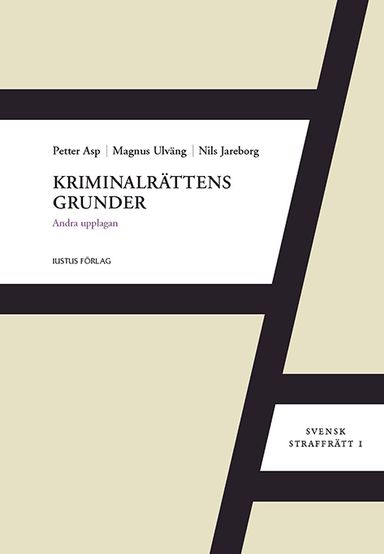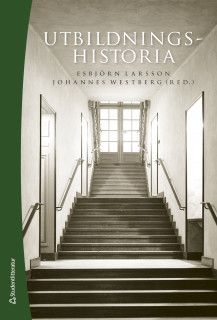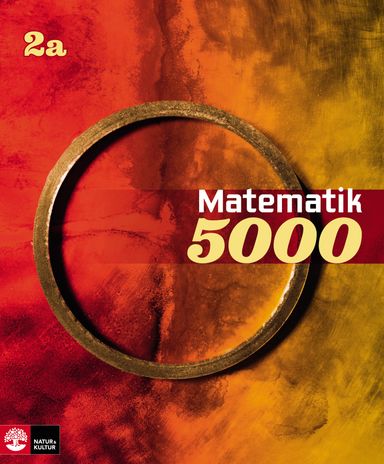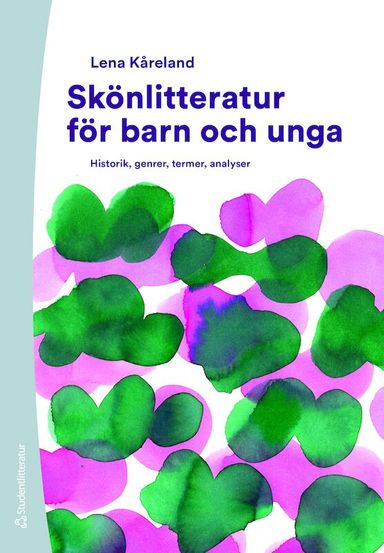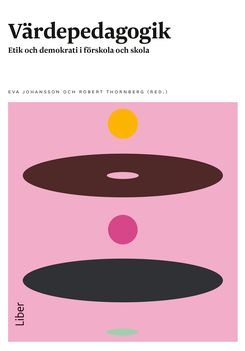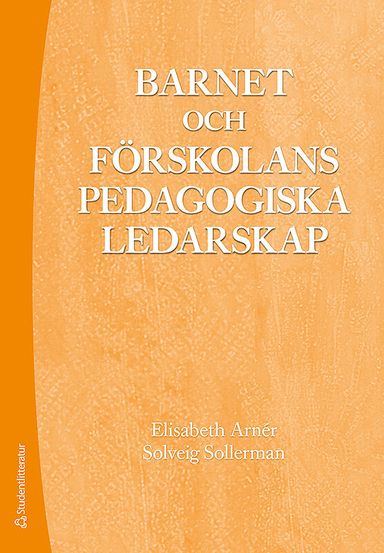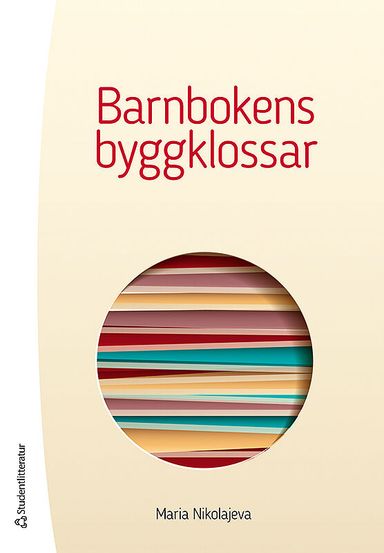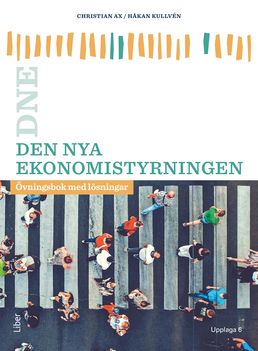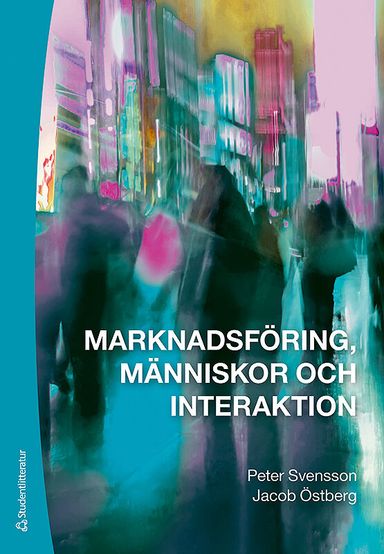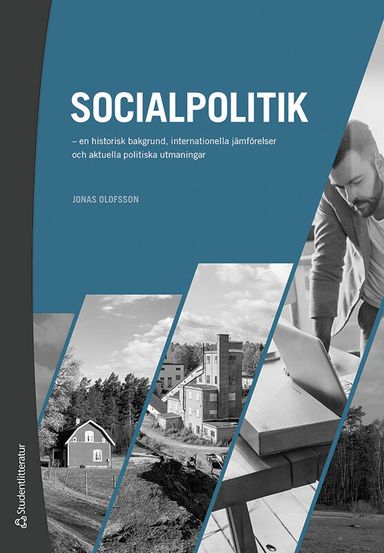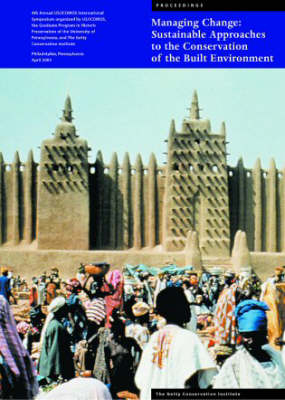

Managing Change Sustainable Approaches to the Conservation of the Built Environment
- Utgiven: 2003
- ISBN: 9780892366927
- Sidor: 232 st
- Förlag: Getty Publications
- Format: Häftad
- Språk: Engelska
Om boken
Since the 1970s sustainability has evolved as a significant mode of thought in nearly every field of intellectual activity. In 1992 the United Nations Conference on Environment and Development in Rio de Janeiro brought the ideas of sustainability and development to the forefront of global politics. For historic resources - whether a cultural landscape, town, building or work of art - which cannot be physically regenerated but only retained, modified or lost, sustainability means ensuring the continuing contribution of heritage to the present through the thoughtful management of change responsive to the historic environment. This volume brings together contributions from specialists in a wide range of fields - archaeology, architecture, conservation and management, city and regional planning, anthropology, biology, economics - who examine issues of sustainability as they relate to heritage conservation. The topics range in scale from individual buildings and sites to cities, landscapes and other historic environments. The volume offers a global perspective and demonstrates that conservation must be a dynamic process, involving public participation, dialogue, consensus and, ultimately, better stewardship. Through its dual focus on theory and case studies, the book also makes an important contribution to the larger debate on quality of life and the environment.
Åtkomstkoder och digitalt tilläggsmaterial garanteras inte med begagnade böcker
Mer om Managing Change Sustainable Approaches to the Conservation of the Built Environment (2003)
I november 2003 släpptes boken Managing Change Sustainable Approaches to the Conservation of the Built Environment skriven av Teutonico. Den är skriven på engelska och består av 232 sidor. Förlaget bakom boken är Getty Publications.
Köp boken Managing Change Sustainable Approaches to the Conservation of the Built Environment på Studentapan och spara pengar.
Referera till Managing Change Sustainable Approaches to the Conservation of the Built Environment
Harvard
Teutonico (2003). Managing Change Sustainable Approaches to the Conservation of the Built Environment. Getty Publications.
Oxford
Teutonico, Managing Change Sustainable Approaches to the Conservation of the Built Environment (Getty Publications, 2003).
APA
Teutonico. (2003). Managing Change Sustainable Approaches to the Conservation of the Built Environment. Getty Publications.
Vancouver
Teutonico. Managing Change Sustainable Approaches to the Conservation of the Built Environment. Getty Publications; 2003.
